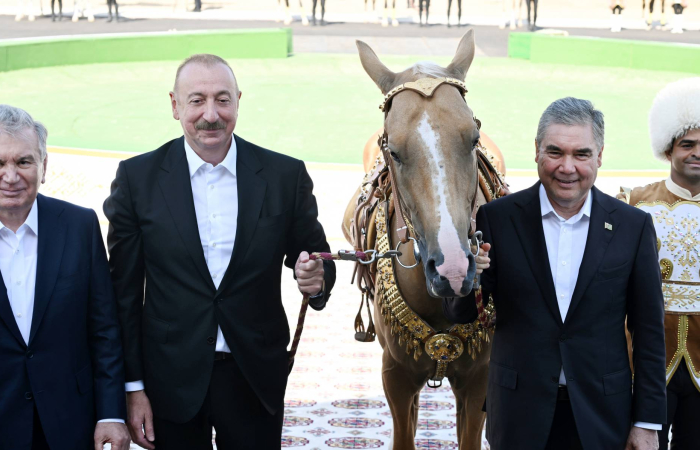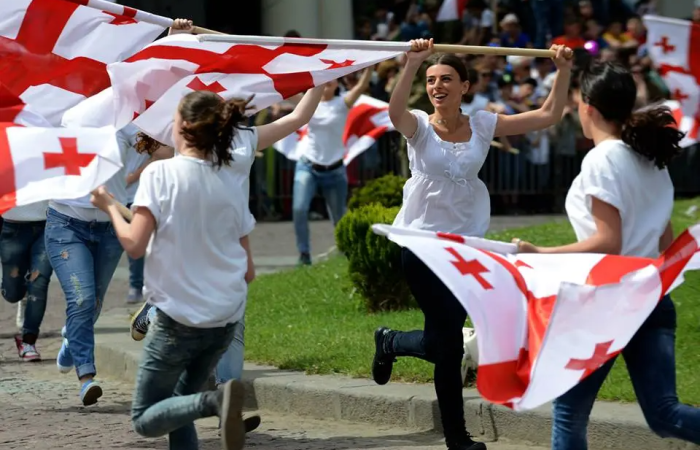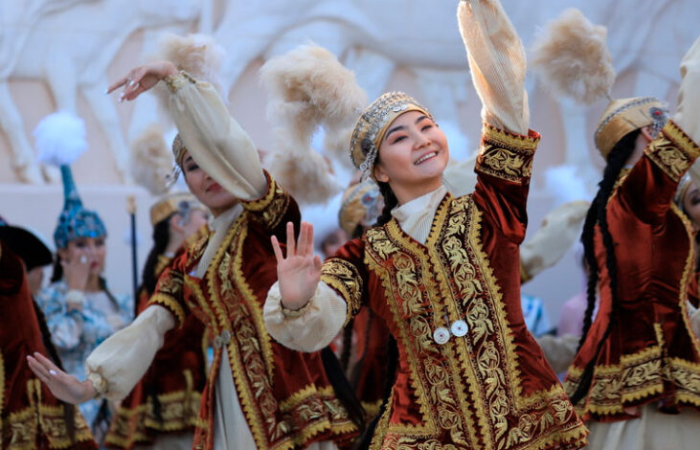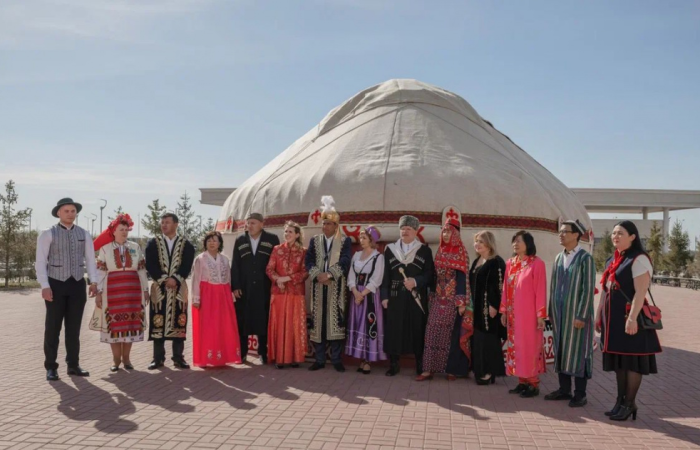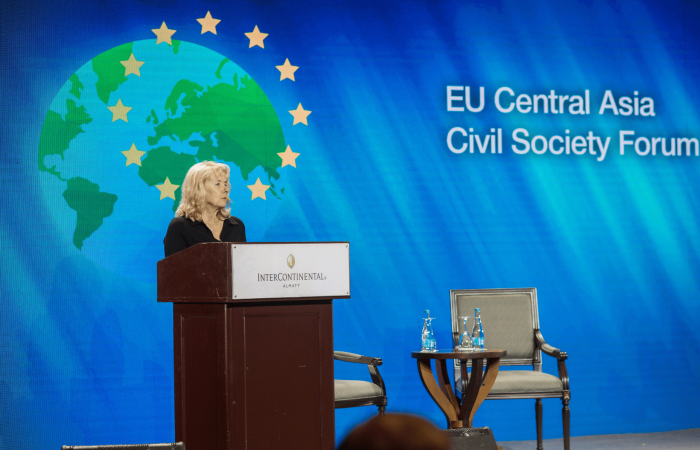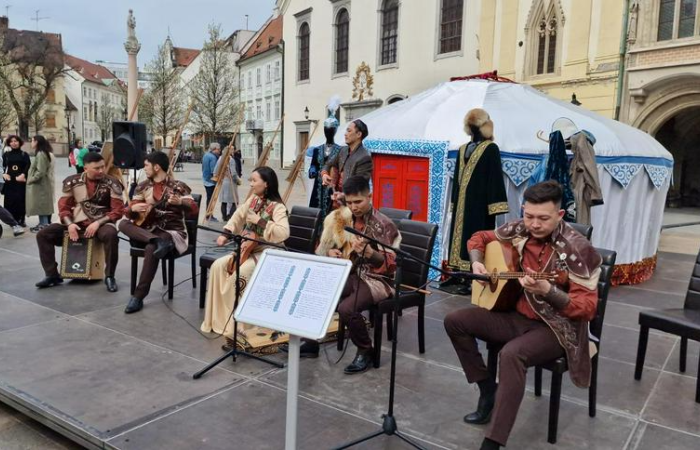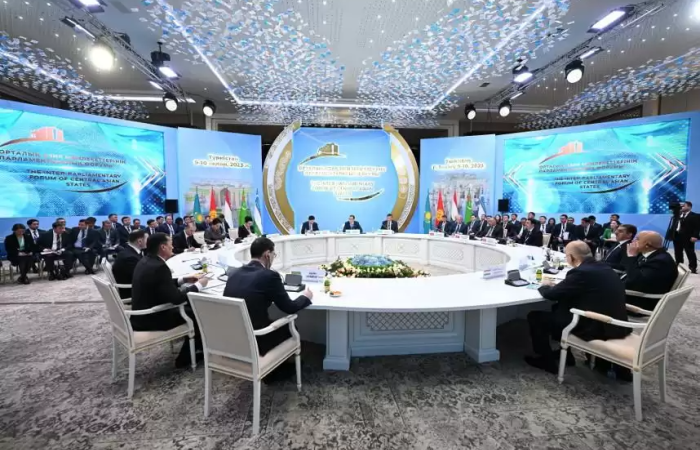Trending
Palestinian film takes the world by storm: "The Voice of Hind Rajab" receives record 24 minute standing ovation at The Venice Film Festival
10 September 2025
Kaouther Ben Hania’s The Voice of Hind Rajab made history at the Venice Film Festival, continuing the rise of Palestinian cinema on the world stage, writes William Mullally, Arts & Culture Editor of the UAE newspaper, The National.
The Oscar-nominated Tunisian director's latest effort received a record-setting 24-minute standing ovation on Wednesday (3 September), before winning the Silver Lion Grand Jury Prize on Saturday (8 September).
The film, which The National's review said “will break you”, reconstructs the death of five-year-old Palestinian Hind Rajab, who was killed in Gaza city last January alongside four cousins, her aunt and uncle, and two paramedics who attempted to rescue her after the family's car came under fire from Israeli forces.
Hind was trapped for hours in the vehicle while on the phone with the Palestinian Red Cross. When paramedics finally reached her, both she and the rescuers were dead. Reports later concluded an Israeli tank had likely fired more than 300 bullets into the vehicle. Hind's voice recording from the call is used in the film.
Shooting the project over three weeks in Tunisia last November with Palestinian performers, Ben Hania first went to Hind's mother to seek permission to use the voice recording rather than dramatise it, she tells The National.
“Hind’s mother told me something about the voice of her daughter: 'It should be heard, and not be forgotten,'” she recalls.
While critics have questioned the ethics of using the girl’s plight for dramatic purposes, with Variety accusing Ben Hania of “tear-jerker tactics”, the filmmaker makes no apologies for using Hind’s own voice, rather than that of an actress.
“The voice of this little girl can make people uncomfortable. I can totally understand it, and that’s why I’m doing this movie. I’m not doing this movie to make people comfortable because Gazans are not having a comfortable life,” she says.
The movie has garnered international attention to a level that few productions reach, with major Hollywood figures getting behind the project to amplify its message.
Both Joaquin Phoenix and Rooney Mara, who signed on to the film as producers after the fact to help boost its reach, along with several other major names, walked the red carpet with the filmmaking team, holding up a photo of Hind as cameras flashed.
As Ben Hania said in her acceptance speech on Saturday: “We all believe in the force of cinema. It is what gathers us here tonight, and what gives us the courage to tell stories that might otherwise be buried.”
The film is not the only Palestinian effort to garner international attention of late, as Israel's aggression in Gaza continues to turn the eyes of the world to Palestinian stories. this week, as 1,300 major names in the film community worldwide, including Mark Ruffalo, Olivia Colman and Josh O'Connor, are making permanent pledges to boycott working with Israeli film institutions that are “complicit in genocide”.
Palestinian cinema has reached one major milestone after another, and as support grows, that streak should continue long into the future.




